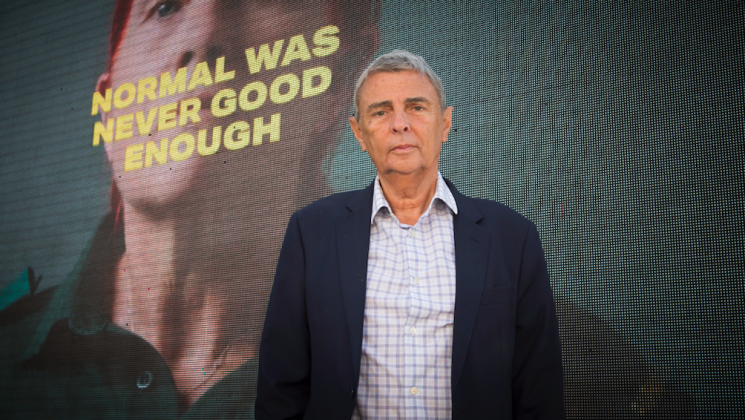The public has overwhelmingly backed the UNISON campaign that argues public service workers can’t return to the ‘normal’ they experienced before the COVID-19 pandemic.
UNISON general secretary Dave Prentis has again written to the Prime Minister and Chancellor ahead of the government’s Comprehensive Spending Review (CSR) on 25 November, which will decide government spending priorities for the next year.
At the end of the summer UNISON launched the No Going Back to Normal campaign with a social media film and a series of billboard and press adverts featuring real public service workers.
Over 1.3 million people watched the campaign film and a number of celebrities shared the film and showed their support for public service workers, including Olympic swimmers and well-known writers.
More than 100,000 people visited the campaign website and over 37,000 members of the public put their name to the open letter to Boris Johnson and Rishi Sunak – joining UNISON’s 1.4 million members in calling for sustained investment in public services and support for those that provide them.
“When we launched this campaign it was hoped that we were through the worst of the pandemic and heading back to something approaching normal,” said Mr Prentis.
“Even though that normal feels a little further away right now, what UNISON, and those who support our campaign, want to say to the government is that the normal we had before the pandemic simply isn’t good enough.
“We can’t go back to cuts, austerity and undervaluing public service workers and the services they provide. The people and services who delivered so much during the pandemic deserve so much better – as do the communities they support.
“The real needs of public services remain as urgent as ever, and our original letter is as relevant as ever as the Chancellor and Prime Minister make final plans for 25 November and the outcome of the one-year spending review.”

